| Trouble viewing this email? Read it online. |

| July 30, 2021 | Submit a Note |
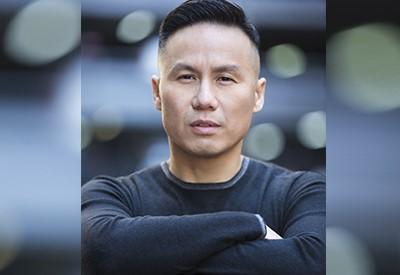 2021-22 Frank Sinatra Artist-in-Residence: actor and activist BD Wong. Read more
While we are all (hopefully) using this summer to relax and recharge, I write today with a mix of sad news as well as hope and anticipation for the coming months. I must first acknowledge the devastating news of the passing of Marquette Jones, an assistant professor in the Communication Department. Though she was only at Santa Clara for a year, she made a huge impact on the students she taught and the colleagues she worked with here in the College. Her talents as a filmmaker and screenwriter have been recognized around the world. We knew Marquette just enough to tell how lucky we were to call her a Bronco, and how much we lose with her absence. I also want to reflect on the passing of long-time faculty member and alumnus Dr. Robert J. Pfeiffer who taught in the Chemistry and Biochemistry department for 40 years. Though I never knew Dr. Pfeiffer personally, I understand he was a Bronco, through and through. Looking to the fall quarter that will be here soon, I am grappling with a mix of eagerness, uncertainty and resolve—I am so encouraged that many in our community are getting vaccinated and that we are requiring vaccines for the campus community. I am also dreading a new surge attributable to yet another coronavirus variant. For these reasons, I don't take our in-person return for granted and will be grateful to see you out and about soon. But it is still summer! And as this College Notes will show, our colleagues in the College continue to astound with their creativity, discovery and productivity, bravo all! Enjoy the summer and stay in touch, Daniel
Highlights
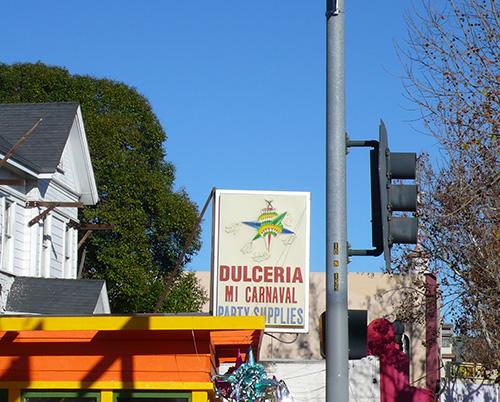
Laura Callahan (Modern Languages & Literatures) published a peer-reviewed article entitled “From Downtown to the Eastside: Languages-other-than-English in a commercial linguistic landscape in California” in IJLASSO, the International Journal of the Linguistic Association of the Southwest. Laura collected and analyzed data from business signage on San José's iconic Santa Clara Street to investigate what the city’s linguistic diversity contributes to this historic avenue. This work will serve as a baseline for future research on what patterns may emerge after the construction of the Google campus planned for the western downtown Diridon Station area, as well as on the evolution of businesses rooted in the eastern neighborhoods of Santa Clara Street. Laura also recently published a review on the online professional listserve LinguistList, of the book Intercultural Communication and Language Pedagogy: From Theory to Practice. Zsuzsanna Ittzés Abrams. 2020. Cambridge: Cambridge University Press. Image: Business signage on East Santa Clara St., San José
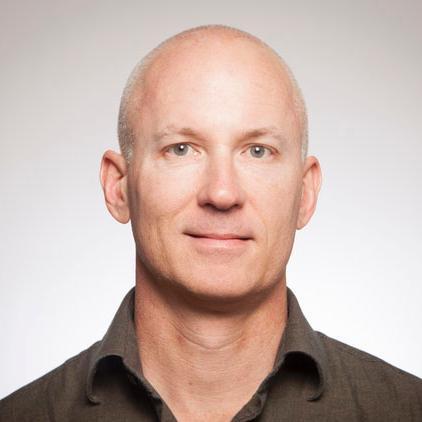
Eric Tillman (Chemistry & Biochemistry) and four Santa Clara undergraduates Jaenic Lee '20 (Economics), Jessica Wu '18 (Public Health Science, Biology), Joe Andry '19 (Biochemistry), and Kat Xia '20 (Biology) published a paper in the journal Processes. The paper, entitled "Universal Chain-end Coupling Conditions for Brominated Polystyrenes, Polyacrylates, and Polymethacrylates" describes a common set of reaction conditions to manipulate the size and shape of common classes of polymers. The student coauthors made significant contributions to the experimental outcomes reported.
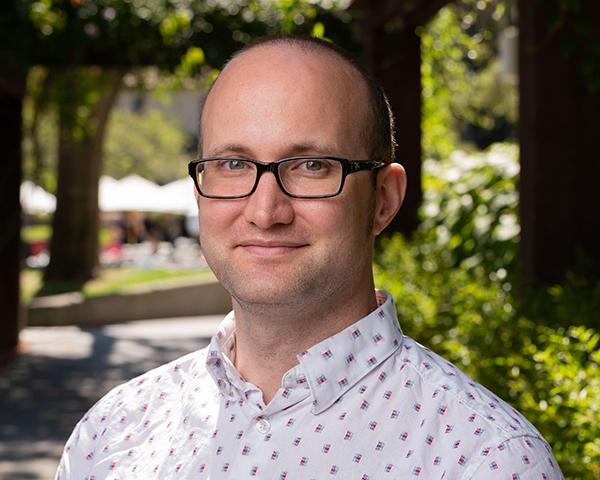
Erick Jose Ramirez (Philosophy) has published two articles with students and alumni from SCU. The first, "An ethical code for commercial VR/AR applications" was co-authored with Jocelyn Tan '15 (Electrical Engineering), Miles Elliott '19 (Philosophy), Mohit Gandhi '21 (Computer Science), and Lia Petronio '21 (Psychology, Philosophy). Together, they canvass the unique ethical issues introduced by Virtual and Augmented Reality technologies and propose practical guidelines for minimizing user harm, promoting the common good, and assessing content in VR/AR media. The second article, "What it's like to be a _____: why it’s (often) unethical to use VR as an empathy nudging tool" was published with Miles Elliott '19 (Philosophy) and Per Milam (University of Gothenburg). This article provides a comprehensive critical analysis of VR "empathy simulations" (simulations claiming to give users the experience of marginalized persons in order to better understand bias and oppression). The authors argue that VR-based empathy enhancement not only faces traditional ethical concerns about nudges (autonomy, welfare, transparency), but also a problem that arises for any simulation of intersectional perspective-taking. The authors argue that VR empathy simulations deceive and manipulate their users about their experiences and are unethical to develop.
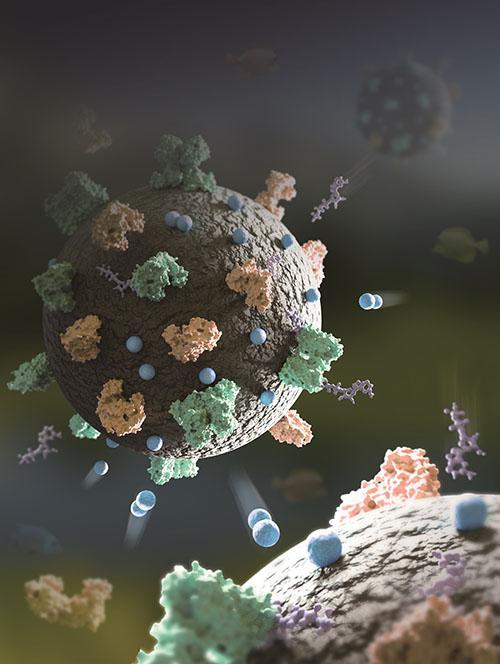
Korin Wheeler (Chemistry & Biochemistry), collaborators Andrew Chetwynd and Iseult Lynch (University of Birmingham), and SCU undergraduate researchers Kira Fahy '20 (Biochemistry), Brian Hong '22 (Biochemistry), Alex Tochihuitl '22 (Neuroscience), and Lilah Foster '21 (Environmental Science) published a paper in the journal Nature Nanotechnology entitled "The Environmental Dimensions of the Protein Corona". The review presents the emerging understanding of the importance of biomolecules in mediating the fate and impact of nanomaterials in the environment. The work was highlighted on the cover of the June issue of the journal. Image: This cover image is an artistic depiction of the protein corona that forms in an aquatic environment, where the proteins are secreted by fish and aquatic plants, and share the nanoparticle surface with other molecules including natural organic matter and potential environmental pollutants.
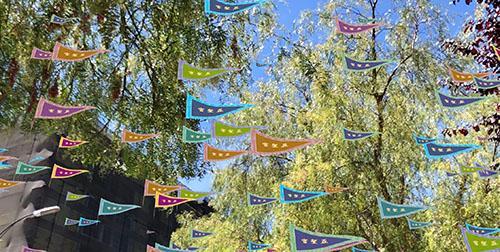
Image: Screenshot of "Heinlenville Flags" 2021 Takeshi Moro (Art & Art History) participated in an exhibition in Japantown San Jose. This exhibition was hosted by Hidden Histories of San Jose Japantown and the Japanese American Museum of San Jose. Takeshi was one of nine artists who were commissioned to create an augmented reality artwork to highlight a historic event in San Jose Japantown. Takeshi's work focuses on Heinlenville, a former Chinatown that preceded the current Japantown. Heinlenville became an important space for Chinese immigrants, as the prior China town in San Jose was burned down by hate crimes. The COVID-Relief Student Assistant Program (CSAP) funded the student assistance that enabled Moro to create 3D animations for the augmented reality experience. The June 19 opening celebration at the ArtObject Gallery in San Jose was open to the public, free, outdoor, and family-friendly.
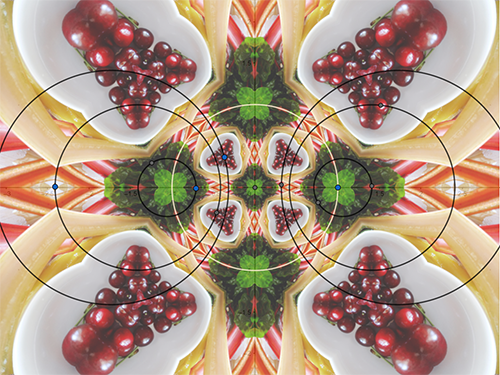
The Notices of the American Mathematical Society, in its June-July 2021 issue, published an opinion piece by Frank Farris (Mathematics & Computer Science) called "Mathematical Art as a Discipline." In it, he outlines the many reasons for the recent expansion of the mathematical art movement. Image: A pattern with cube symmetry under stereographic project, proposed as a component of a homework assignment.

Tim Myers' (English) photo-essay "There Is No Ordinary" has appeared in Clerestory Magazine. His photo "The Art of Isolation" appeared in the Still Point Art Gallery, he has six artpieces coming out in The Woven Tale Press Magazine, and his children's book Yao Bai and the Egg Pirates was featured as a read-aloud by Maya Espiritu on her "MaiStoryBook" Instagram and YouTube show, which has almost 800,000 subscribers. Image: Photo by Tim J. Myers: "Kallos"
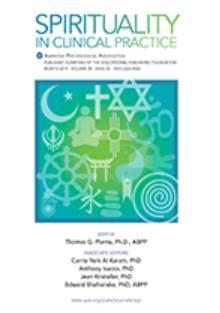
Tom Plante (Psychology) co-published an article in a special issue on religion and spirituality issues among LGBTQI+ populations, The role of civility and cultural humility in navigating controversial areas in psychology, in Spirituality in Clinical Practice. Bringing together a diverse group of coauthors, they discuss how cultural humility and civility can help navigate controversy within the arenas of public policy, multicultural training, clinical practice, and scientific research. They present an integrative model for guiding policymaking, clinical practice, and research in controversial areas, as dialogue partners adopt empathy as their affective stance, civility as their behavioral stance, and humility as their cognitive stance. Tom also published an article, Using the Examen, a Jesuit prayer, in spiritually integrated and secular psychotherapy, in Pastoral Psychology. The Examen is a 500-year-old end of day prayer developed by St. Ignatius of Loyola, founder of the Society of Jesus (better known as the Jesuits). Like many other religious or spiritual practices, such as mindfulness and yoga, the Examen is suitable as either a spiritually focused or secular intervention strategy to assist people within clinical psychotherapy practice and elsewhere. Adapting the Examen as a cognitive behavioral psychotherapy intervention is easy to do and may add another important tool to the toolbox of practicing clinicians interested in thoughtfully integrating spiritually based approaches in their clinical work with religiously as well as nonreligiously minded clients.
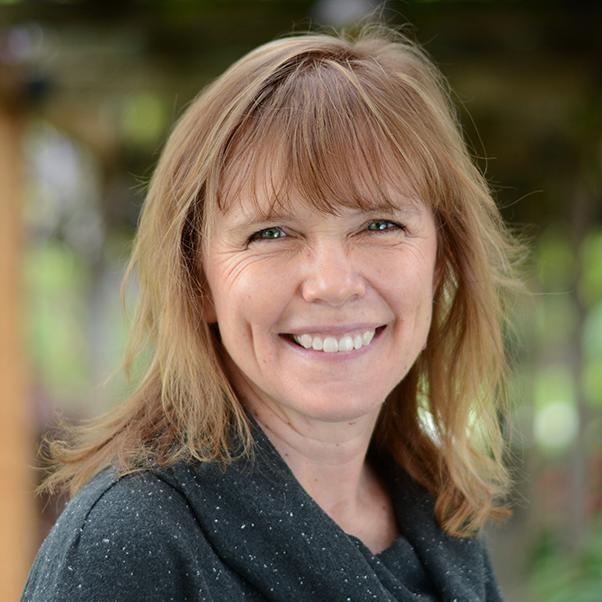
Kieran Sullivan (Psychology) has published a paper "Attachment Style and Jealousy in the Digital Age: Do Attitudes about Online Communication Matter?" in Frontiers in Psychology. The article examines romantic jealousy in the digital arena (i.e., personal messaging, social media) and provides evidence that - as in the offline arena - individuals with high levels of attachment anxiety are more likely to experience romantic jealousy in response to online communication. The strength of that relationship, however, depends on individuals' attitudes about online communication. Heightened concern about misunderstandings when using digital communication significantly reduces the relationship between attachment anxiety and online jealousy. This may be because individuals with heightened concern tend to communicate more in person, quickly check in with their partners for clarification when confronted by ambiguous online content, and/or deliberately limit the content of personal messaging and social media posts, thereby reducing opportunities for jealous reactions by their partners.
An article by Peter Minowitz (Political Science), "Teaching Utopia in Troubled Times," was published in the June issue of the Thomas More Gazette. The article, conjoined to a French translation, appears on pages 32-45; to access the issue online, you'll need to log in to Calimeo via Facebook or Google.
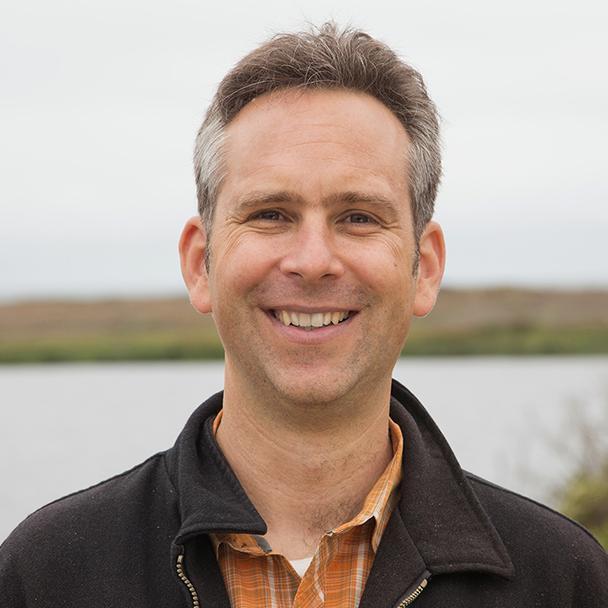
The coffee industry will likely suffer another severe production crisis as a result of COVID-19, finds a recent study published in the Proceedings of the National Academy of Sciences, and co-authored by Christopher M. Bacon (Environmental Studies & Sciences), and colleagues. Integrating recent scientific research on the coffee leaf rust (CLR) epidemic, the study discusses the interconnectedness of CLR, agriculture, and socioeconomic systems to explore how COVID-19 could lead to another rust epidemic and further disrupt global coffee production. CLR is a severe coffee plant disease linked to reduced crop care and underinvestment. Researchers analyze how responses to the pandemic affecting labor mobility and unemployment are likely to exacerbate this crop pathogen. Although many existing approaches to reducing the impacts of CLR work to combat the disease itself, the researchers focus on indirect strategies that address underlying structural problems and the vulnerability of the industry to recurring social-ecological shocks. Examples of these strategies include diversifying farms and livelihoods, increasing prices paid to farmers, and supporting sustainable farm management. The study concludes by discussing the devastating inequalities in global coffee systems and COVID’s consequences. This calls for a large-scale and integrated response that recognizes local autonomy and partners to improve wellbeing of the least well off first.
New Grants
Christopher Bacon (Environmental Studies & Sciences) and Bill Sundstrom (Economics) recently received an NSF grant for $285,722 for a project entitled, "Household and institutional responses to security threats from environmental and economic disturbances." The project studies how small-scale farmers, communities, and institutions can learn to be more resilient in the face of a complex and changing set of challenges. These challenges include droughts, hurricanes, and other climate change exacerbated extreme events, crop diseases, food and agricultural price changes, pandemics, and problems associated with general poverty. The research focuses on assessing the potential impact of diversification as a key strategy to mitigate risk and build resilience through decreasing dependence upon a single commodity, increasing incomes, and using agroecology to manage biodiverse farms and improve harvests/food security. Much remains to be learned about the effectiveness of diversification and about how farmers, communities, and organizations can experiment with new approaches and share promising practices. Filling in these research gaps, the project will develop a participatory approach to identify and assess the impacts of diversification on disaster risk, livelihood capabilities, food security, diet diversity, gender equity, water security, and food sovereignty; and explain innovation processes. A diverse team of undergraduate research assistants will also participate in data collection, analysis, and writing. Image: Two farmers in front on their home garden with fruit trees, forest and coffee in the background (Photo: PRODECOOP)
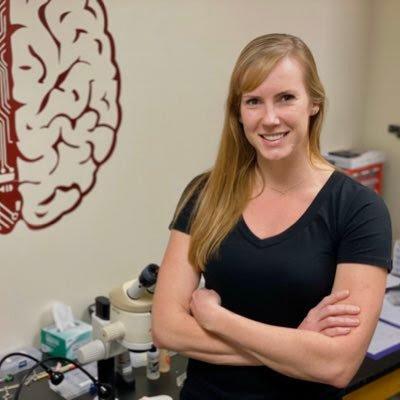
Lindsay Halladay (Psychology & Neuroscience) was awarded a $411,000 research grant from the National Institutes of Health (NIH) to support her lab's research investigating the neural and behavioral deficits induced by early life stress. Traumatic events during early development, such as childhood neglect, can permanently alter neural pathways and systems, often inciting lifelong debilitating social behavioral disorders. Social behavior involves coordination between neural pathways promoting reward and pathways inhibiting anxiety, but the extent to which early adversity-induced social deficits are due to dysfunction in anxiety versus reward systems is not understood. The Halladay lab recently identified a central mediator of early adversity-induced social deficits, the bed nucleus of the stria terminalis (BNST), a heterogeneous brain region that modulates aspects of both reward and anxiety. Studies funded by the grant will dissect with cell-type and circuit-specific precision the mechanisms by which the BNST regulates social deficits induced by early life adversity, critical for identifying potential therapeutic targets for social disorders stemming from childhood abuse and neglect. Some of the grant funds will be used to support SCU undergraduate involvement in research.

Brian Bayless (Biology) has received an NIH R15 grant of $407,661 from the National Institute of General Medical Sciences for his proposal titled “Identification and Functional Analysis of A-Tubule MIPs”. Motile cilia undulate persistently to move extracellular fluid in the brain, respiratory tract, and fallopian tubes. Defects in motile cilia movement result in severe human disorders including hydrocephaly, juvenile onset epilepsy, and female infertility, though a mechanistic understanding of how these molecular machines are able to move endlessly without repair is not well understood. This research sets out to characterize a novel set of proteins found in motile cilia with a goal of better understanding the relationship between motile cilia structure and function.
College of Arts and Sciences Calendar
|
| College of Arts and Sciences |
Questions? Contact Sandy Boyer |
 Claudia Zielke (Inclusive Excellence Postdoc, Chemistry & Biochemistry) was awarded the 2nd prize for Oral Presentations from Young Scientists, out of 61 eligible presentations, at the 37th International Symposium on Microscale Separations and Bioanalysis (MSB) held on July 12-15. Talks were judged based on novelty, impact of the work, technical quality of experiments and quality of the presentation. Oral presentations at the MSB conference were selected by double-blind review. Claudia’s talk, ”Droplet Microfluidic Technology for the Early and Label-free Isolation of Activated T-cells”, summarized her recent research in the lab of Paul Abbyad (Chemistry & Biochemistry). Beckman scholar, Adriana Gutierrez Ramirez '22 (Chemistry), is a co-author of the research work.
Claudia Zielke (Inclusive Excellence Postdoc, Chemistry & Biochemistry) was awarded the 2nd prize for Oral Presentations from Young Scientists, out of 61 eligible presentations, at the 37th International Symposium on Microscale Separations and Bioanalysis (MSB) held on July 12-15. Talks were judged based on novelty, impact of the work, technical quality of experiments and quality of the presentation. Oral presentations at the MSB conference were selected by double-blind review. Claudia’s talk, ”Droplet Microfluidic Technology for the Early and Label-free Isolation of Activated T-cells”, summarized her recent research in the lab of Paul Abbyad (Chemistry & Biochemistry). Beckman scholar, Adriana Gutierrez Ramirez '22 (Chemistry), is a co-author of the research work.
